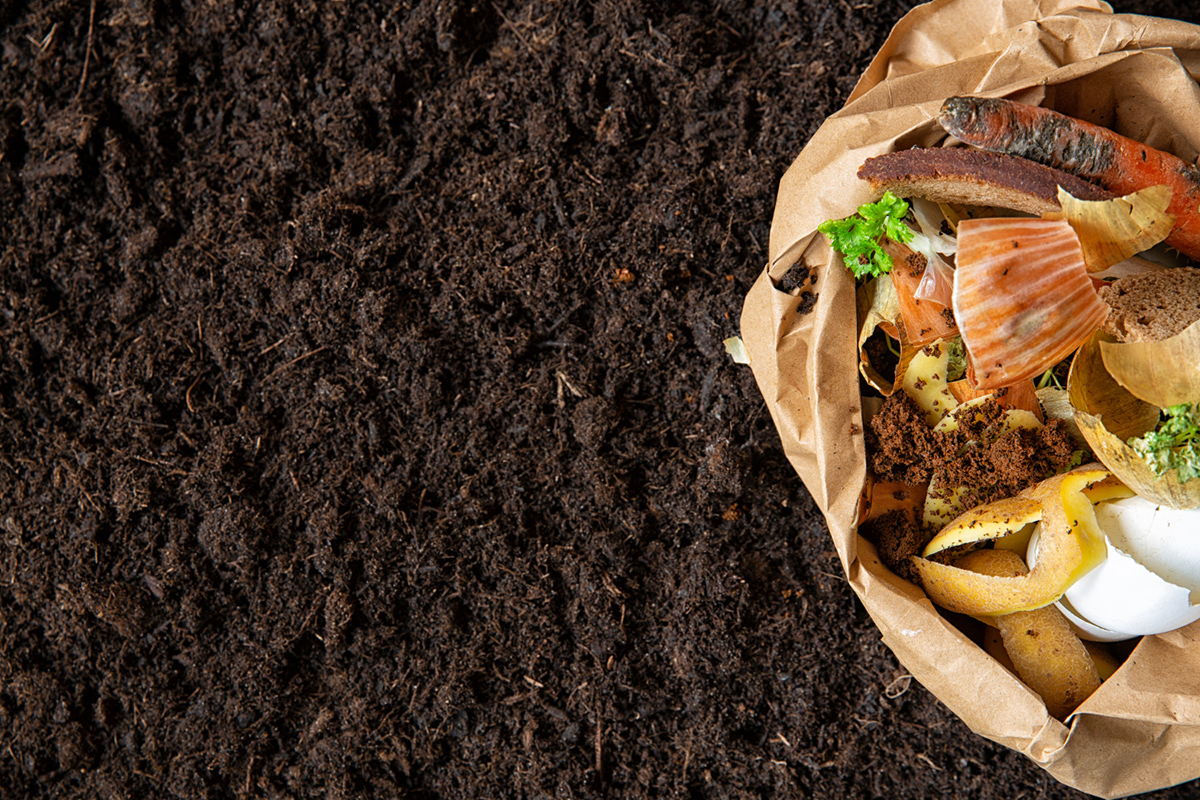
Composting is a great way to reduce waste, save money and help the environment. But what if you live in an apartment with limited space and no backyard? Fortunately, composting in an apartment is doable and doesn't require much effort once you get started. This blog post will guide you through the steps to make compost in your apartment, so you can enjoy fresh and nutrient-rich soil for your plants.
There are different methods to compost in an apartment, which include indoor composting, worm composting, and bokashi composting. Indoor composting is ideal for those living in a limited space apartment, while worm composting is excellent for those seeking high yields of nutrient-rich compost. Bokashi composting is an anaerobic process that involves fermenting organic waste using microbes. Choose a composting method that suits you, and be ready to implement the method.
Planning your composting bin means choosing where you want to place it, what materials you need to make it and how often you will add organic matter into the bin. You can make a compost bin out of a plastic container, a metal trashcan or a wooden box. Be sure to drill holes into the container for aeration and place the bin in a breezy and dry area. If you do not have room for a bin, you can buy a small composting container to place under your sink.
All organic waste can be composted, including vegetable scrapings, fruit peelings, tea leaves, and coffee grinds. However, avoid adding oily foods, dairy products, and meat to your compost bin as they attract pests and remain in the compost for longer. Collect your waste in a small container and store it in your freezer to prevent odor and fruit flies.
Your compost needs a balance of carbon-rich "brown" and nitrogen-rich "green" material. Brown material includes paper products, dry leaves, and wood chips while green material includes fruit and vegetable scraps. You should aim to have 1/3 brown material and 2/3 green material to create the perfect environment for microorganisms to thrive.
Composting requires little maintenance. You only need to ensure that your compost pile is hydrated and reaches an ideal temperature of 135-145°F for effective decomposition. You can maintain your compost pile by adding water or brown material if it's too wet, and green material or stirring if it's too dry.
Composting in an apartment can be fun, environmentally friendly, and easy. Choose a composting method that suits you, make a plan for your composting bin, and collect organic waste while balancing greens and browns. In no time, you will have fresh and nutrient-rich soil for your plants. So, start composting in your apartment and experience a greener way of living! If you're looking for apartments for rent in Ft Myers, FL, contact Millennium Apartments today for a personal tour.